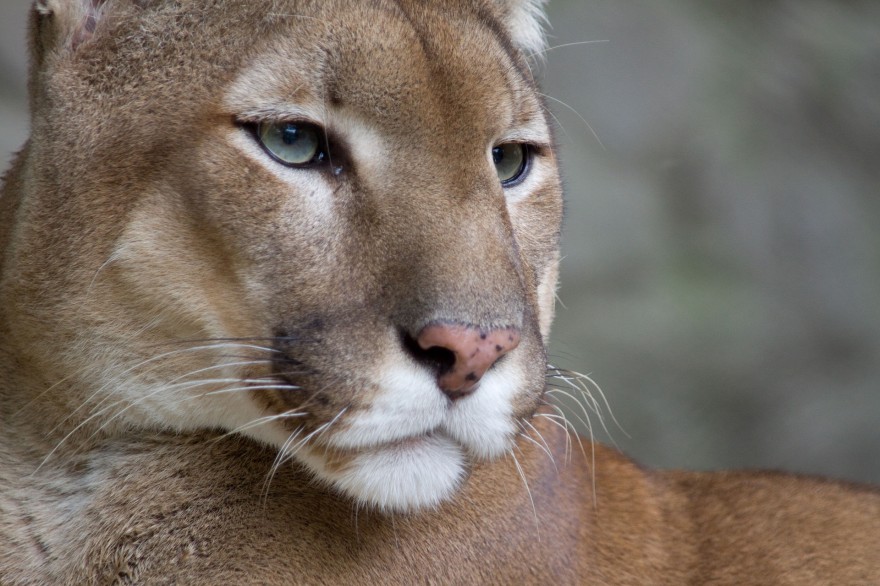
Mountain lions are rebounding in Alberta and the big cats and reclaiming long-lost territories.
“Most of this expansion we’re seeing is coming from the west of Alberta in the mountains, moving towards the east and a little towards the north—so starting to encompass… cities like Edmonton and Calgary,” said conservationist Tyler McClure with WildSmart.
Wildlife officials say the cats are doing well because elk and deer, common prey for the cougars, are prospering. Milder winters in recent years have allowed ungulate populations to rebound, which in turn provided the same opportunity for mountain lions. Biologist Nathan Webb previously told the Hinton Parklander that there could be as many as 3,000 cougars in Alberta before the end of the decade.
“Essentially what they’ve been doing is reoccupying their former range,” Webb said. “They used to exist pretty much across all of southern Alberta and they’re just slowly coming back from the overexploitation that happened in the first half of the 1900s.”
That news may be good for cougar hunters, but officials are also warning residents to be cautious during encounters with the wild cats. Mountains lions are fiercely territorial animals, and the increase in their numbers may mean that some of the cats are pushing into residential areas. Others have staked out homes for themselves in parks and recreational areas and may pose a danger to hikers.
Earlier this year, a pipeline crew operating 55 miles south of Grande Prairie was stalked and ambushed by a cougar, resulting in serious injuries to one of the crew members. The victim, 31-year-old Stephen Campbell, suspected that he was attacked because he was the smallest person on the crew.
“I felt a weight on my back and I thought, initially, one of the boys was coming around to horse around,” Campbell told local reporters. “Then I felt the cougar bite into my skull and sink its claws into the sides of my face.”
Mountain lion attacks are rare, but occasionally fatal. There have only been 27 recorded cougar attacks on humans in the past century in Canada, yet seven of those have been deadly. Officials advise carrying pepper spray or a large stick while traveling through cougar territory. If you encounter one, attempt to appear as large as possible while making loud noises. Try to stick close to other members of your group and pick small children up off the ground. If the cougar attacks, fight back as aggressively as you can.
No comments:
Post a Comment